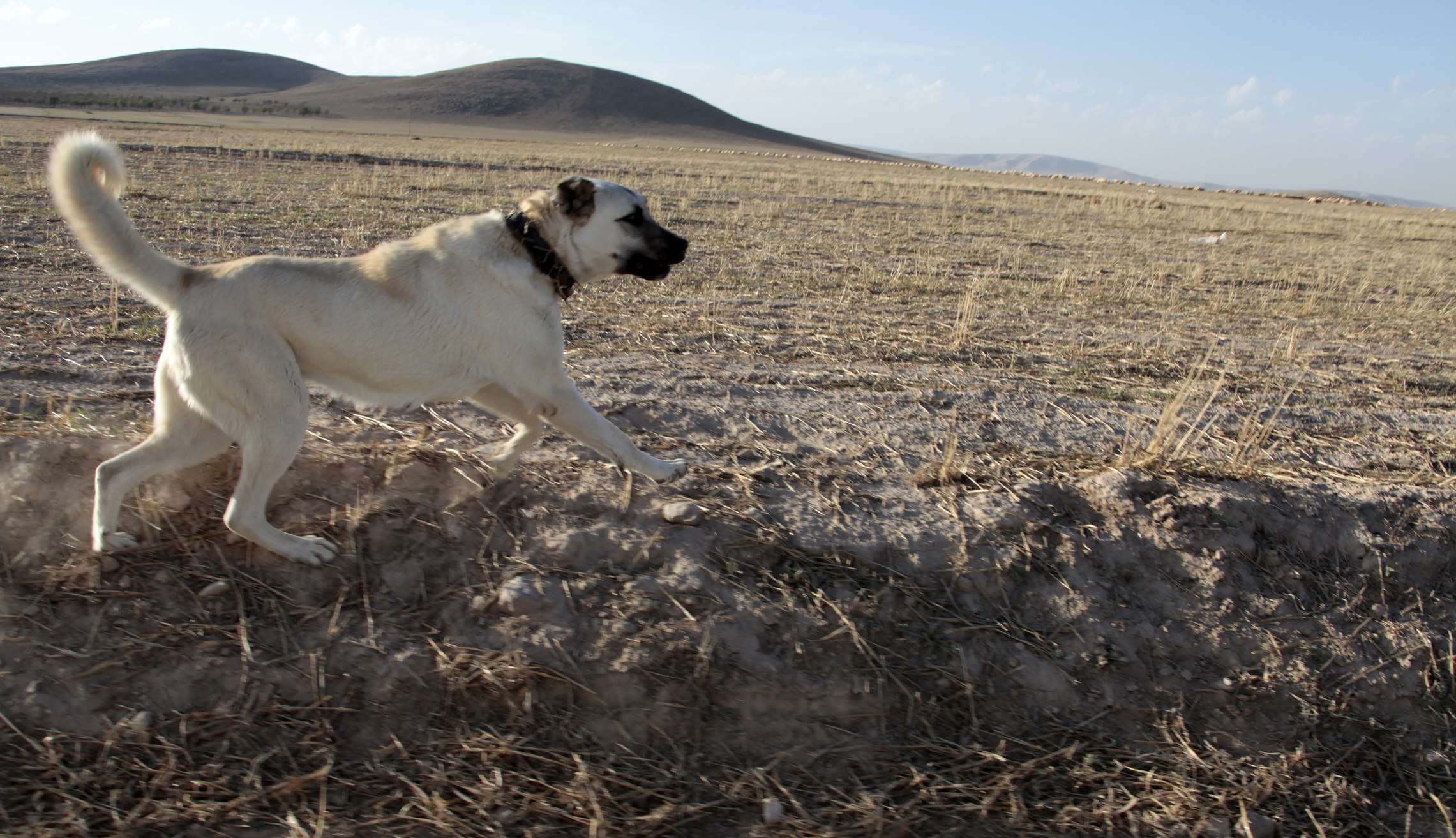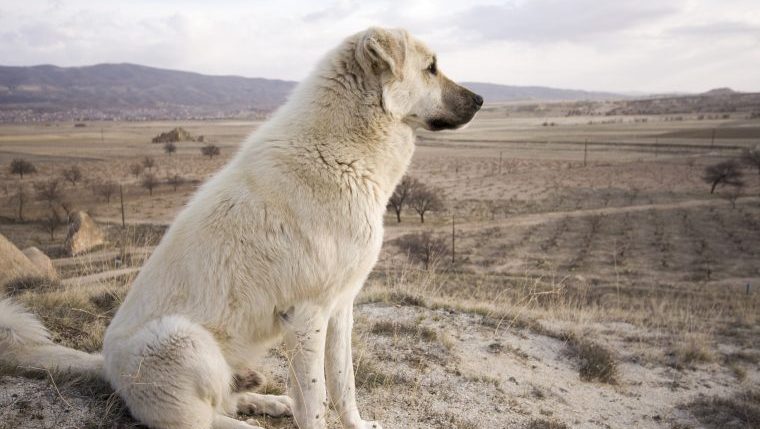
For Wyoming ranchers, livestock guardian dogs are key to protecting their herds from incoming wolves.
Speaking to Cowboy State Daily, Lauren Stoddard of Montana said her Anatolian Shepherd, Cyrus, had her deepest respect. “(Cyprus) handled a grizzly bear by herself when she was eight months old,” she said. “The bear had come in, looking at our goats as an easy meal,” she continued. “She ran that bear right off of our place.”
Returning wolves are a red flag for ranchers
For ranchers across the Mountain West like Stoddard, guardian dogs are a tried and true way to protect their herds from would-be predators. As such, recent plans to reintroduce wolves in nearby states aren’t sitting well with rural communities.
In Colorado, two dog deaths were traced back to the state’s North Park wolfpack this year. According to Dan Thompson, a carnivore specialist with Wyoming’s Fish and Game department, “Simply put, wolves and domestic dogs don’t mix.”
However, a recently passed ballot measure is forcing rural residents to reckon with the thought of wolves returning. Approved by voters in 2020, the plan has been controversial from its inception, often putting ranchers and environmentalists at odds with each other. Significantly, the measure specified that a plan to reintroduce wolves into Western Colorado shall take effect by the end of 2023. However, the plan has encountered new obstacles after outcry from ranchers and hunters.
Livestock guardian dogs get ahead of the pack
With the wolves’ return seeming inevitable, Stoddard said that more people should consider guardian dogs for their homesteads. Notably, she mentioned how many of the dog breeds have histories dating thousands of years. For example, she explained how Anatolian Shepherds like Cyrus originated from Turkey, where they staved off wolves and brown bears for local shepherds.
“They’re bold and authoritative. They will go out to meet the threat,” she said.
And on top of that, they’re great with kids.









